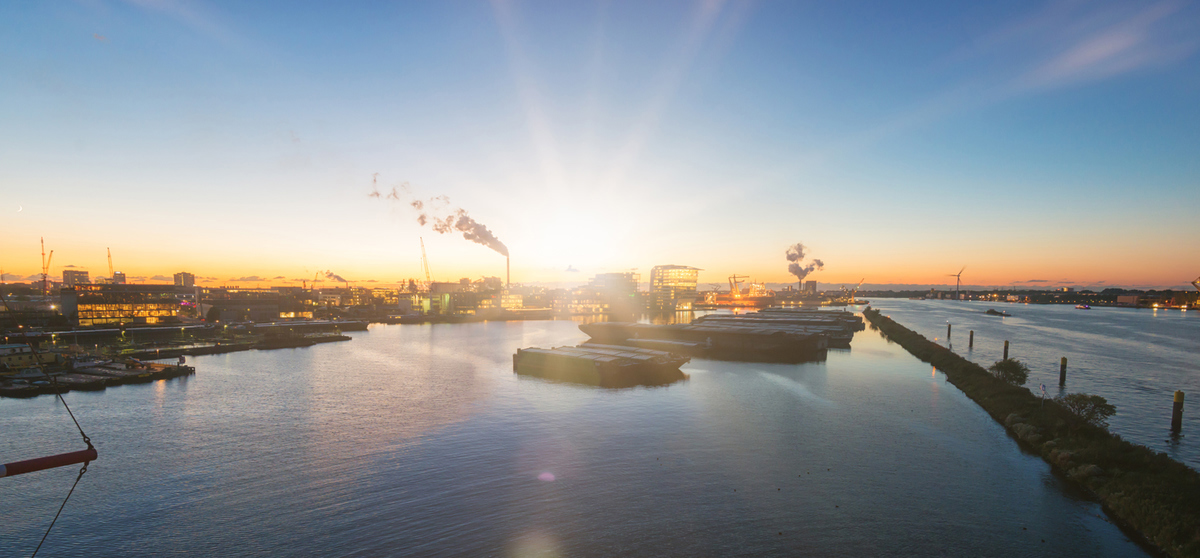Fuel efficiency key to 2030 emissions reductions - UMAS
The shipping industry needs to focus on improving the global fleet's fuel efficiency alongside uptake of scalable hydrogen-based fuels to meet 2030 decarbonisation goals, UK-based University Maritime Advisory Services (UMAS) says in a new report.
 PHOTO: View of the Port of Amsterdam. Getty Images
PHOTO: View of the Port of Amsterdam. Getty Images
UMAS says the global fleet needs to improve its fuel efficiency by 40% by 2030 compared to 2018, or by 55-60% compared to the 2008, to bring the shipping industry in line with a target of keeping global warming below 1.5°C.
To keep this crucial target alive, the shipping industry will need to cut its greenhouse gas (GHG) emissions by 37% by 2030, and by 96% by 2040, compared to 2008 levels, UMAS says.
While the International Maritime Organisation's (IMO) debates around decarbonisation have been centered around a transition to alternative fuels, most of the absolute emission cuts needed this decade can be achieved by focusing on fuel efficiency gains instead, according to UMAS.
“International shipping is currently on track for a complacent 2020’s, followed by a highly disruptive 2030’s caused by a turbulent, expensive and late fuel transition. The greater the efficiency gains in the 2020’s, the lower the investment needs and costs associated with fuel transition, and the longer the time available for fuel transition," UMAS director Tristan Smith said.
By Debarati Bhattacharjee
Please get in touch with comments or additional info to news@engine.online





